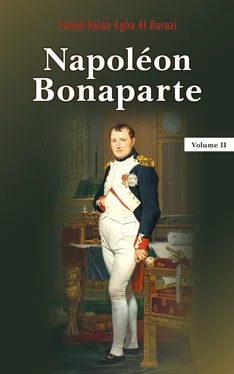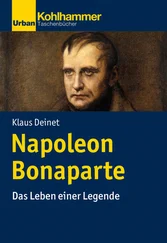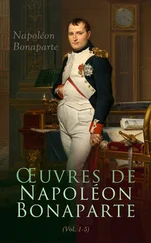Meanwhile, undeterred, Napoléon had struck back at his enemies. Leaving Paris on April 12 by forced marches, he reached Donauwerth on the Bavarian plains on the 17th and in five days had won as many battles, culminating in the great victory at Eckmuhl on the 23rd, forcing the Archduke Karl back into the Bohemian mountains.
The Iberian campaign and its fruitless results for both sides was a war attrition that afflicted the participating combatants.
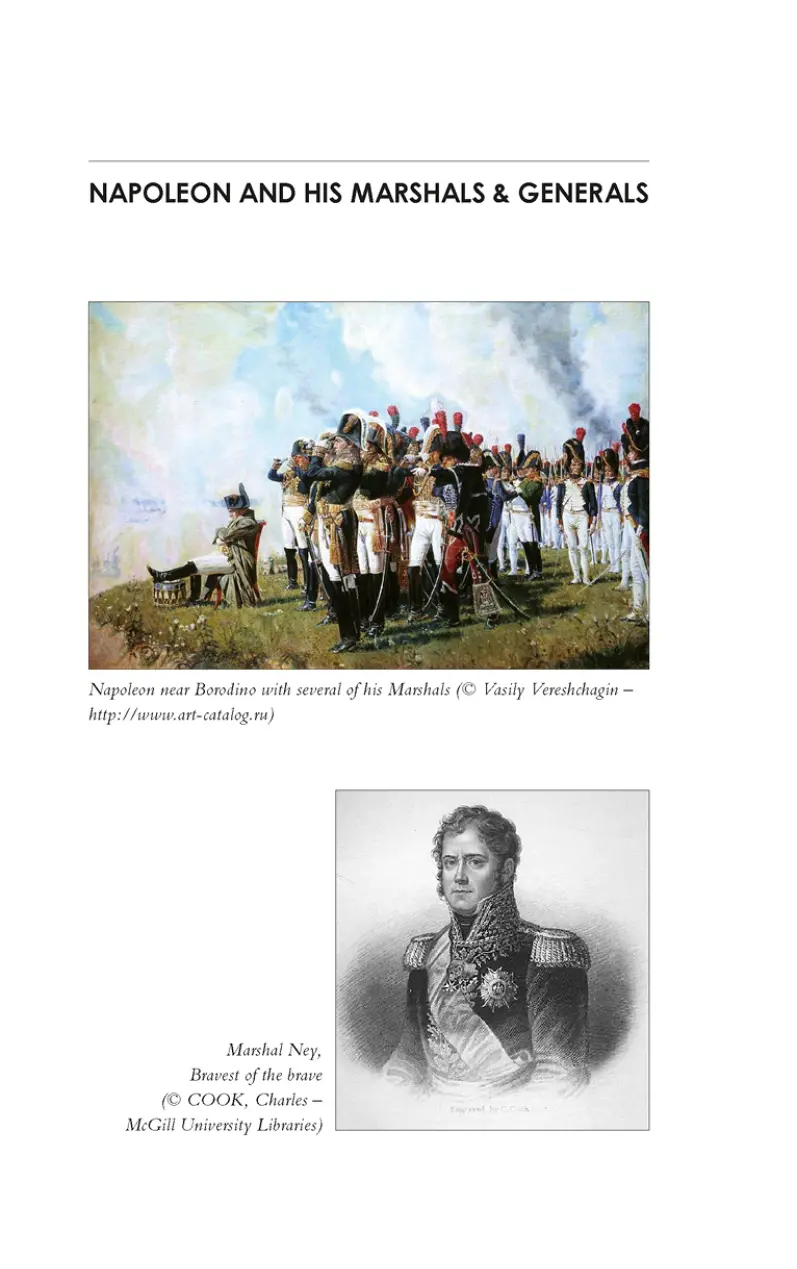
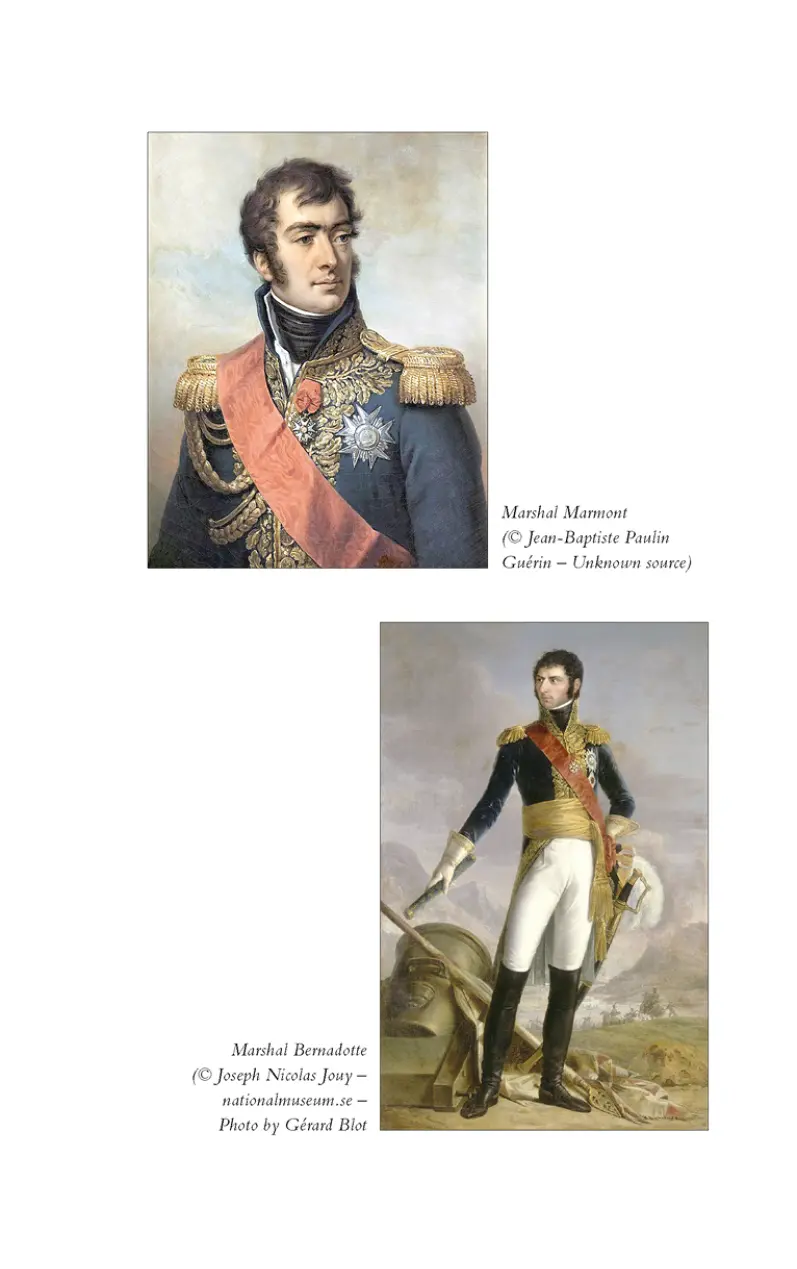
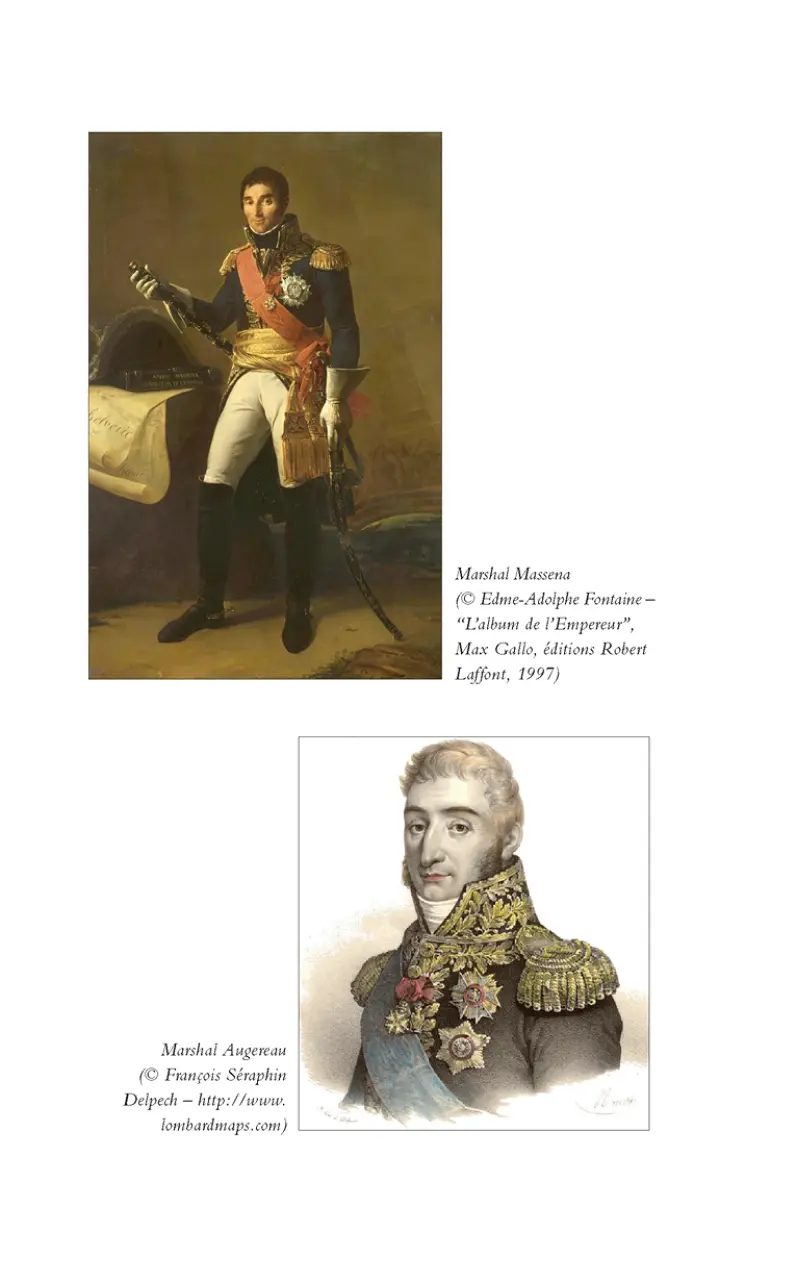
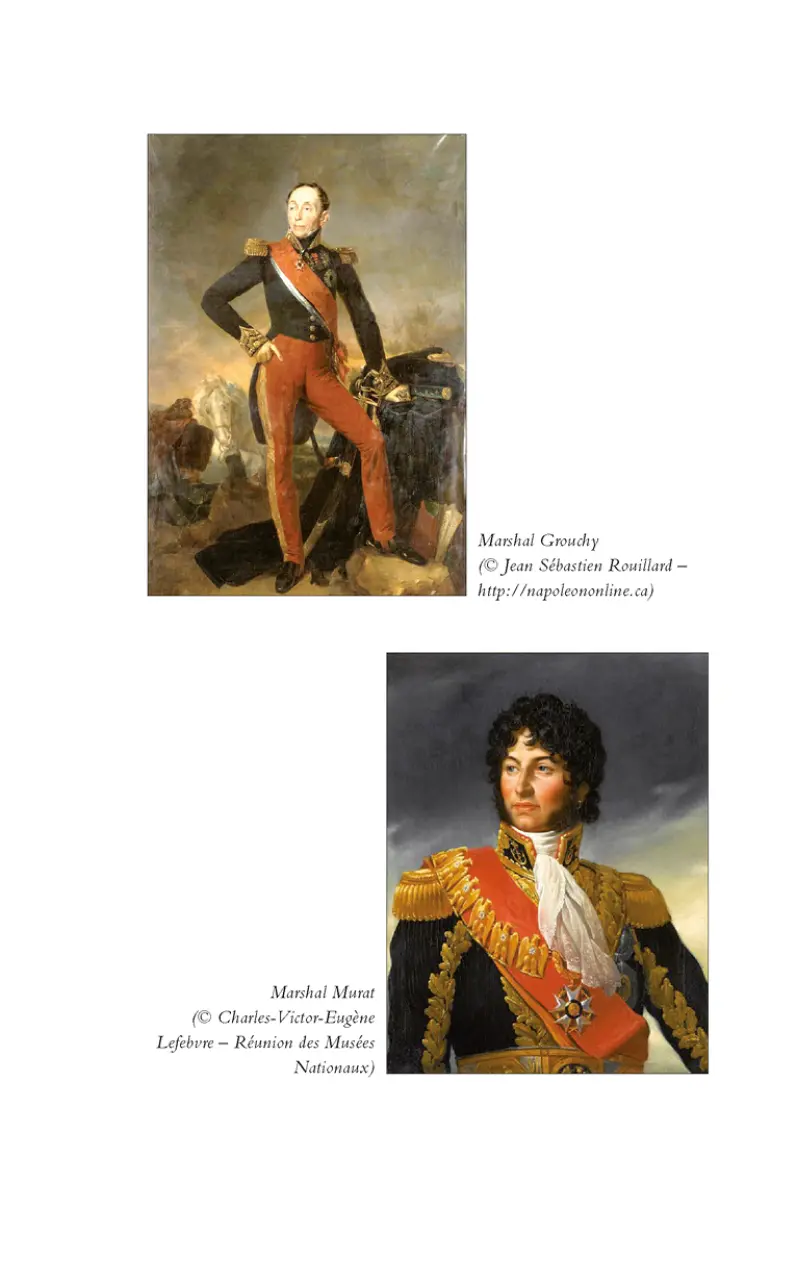
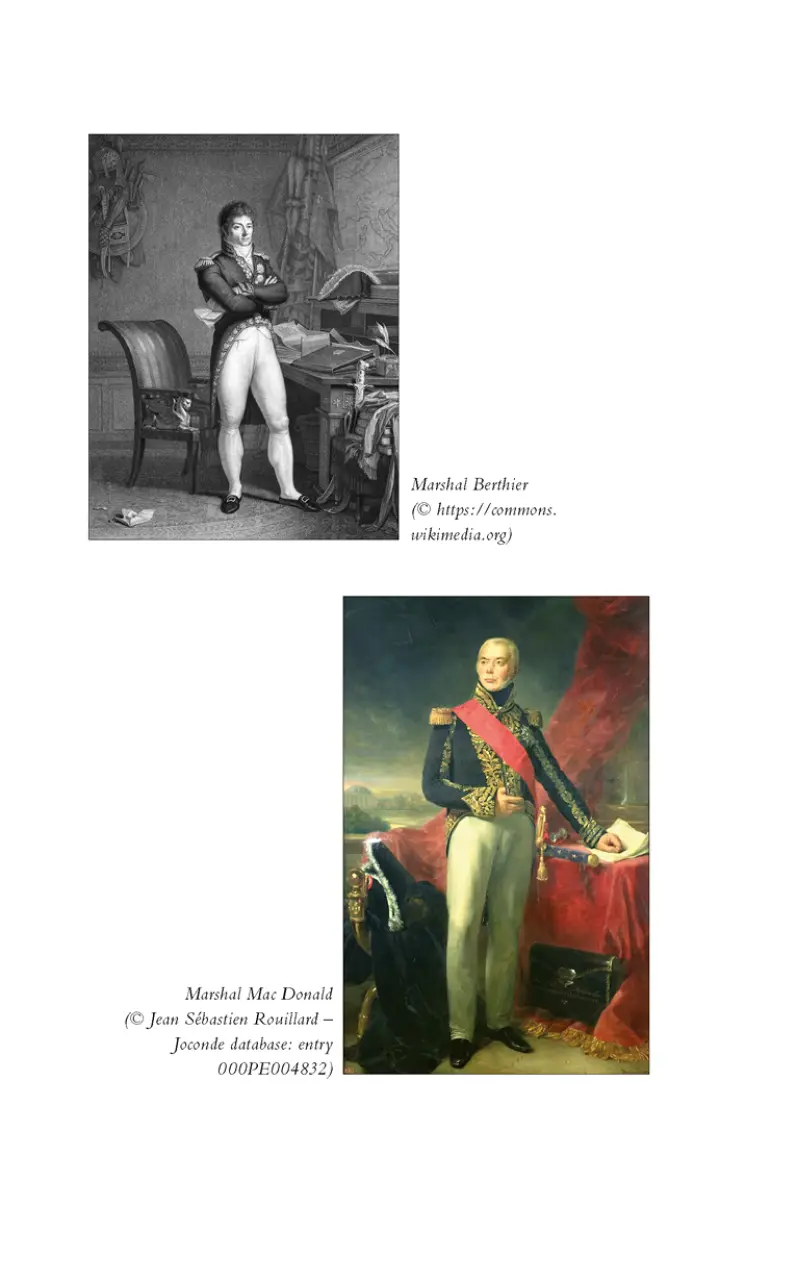
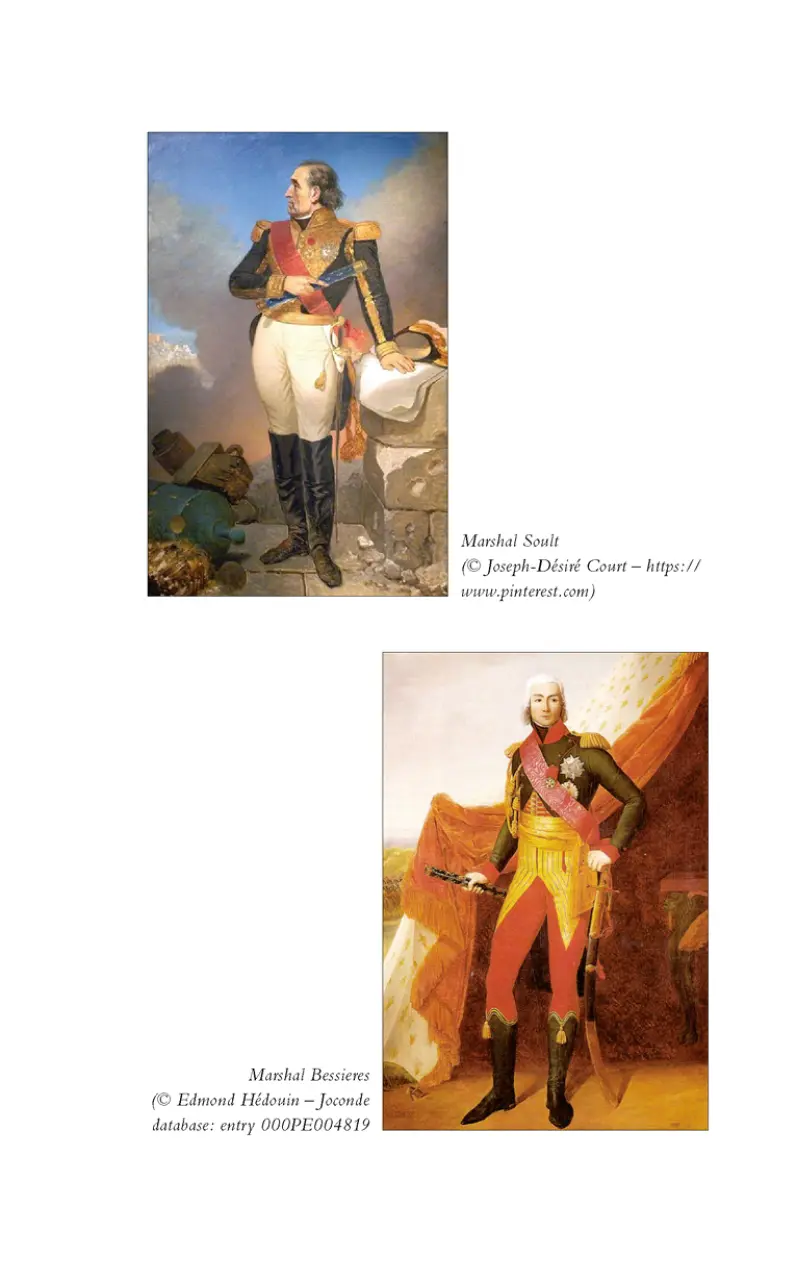
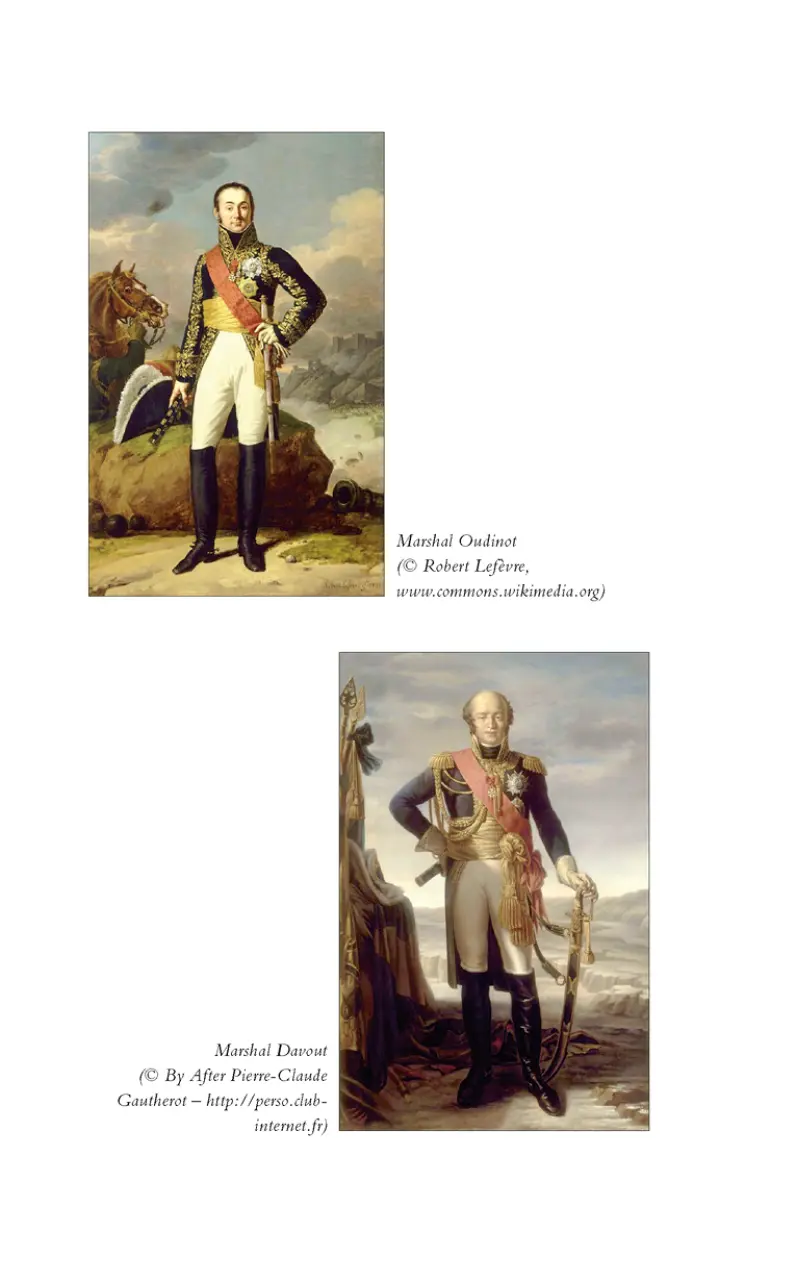
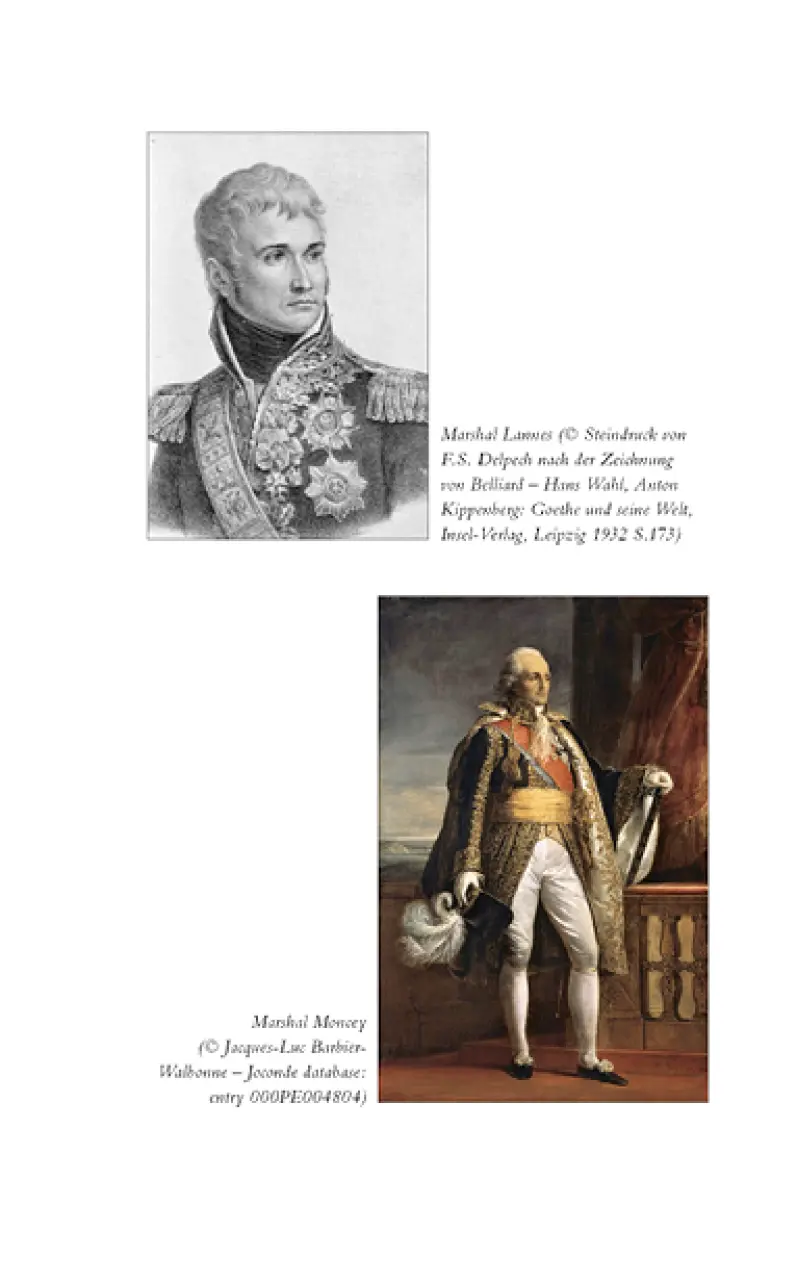
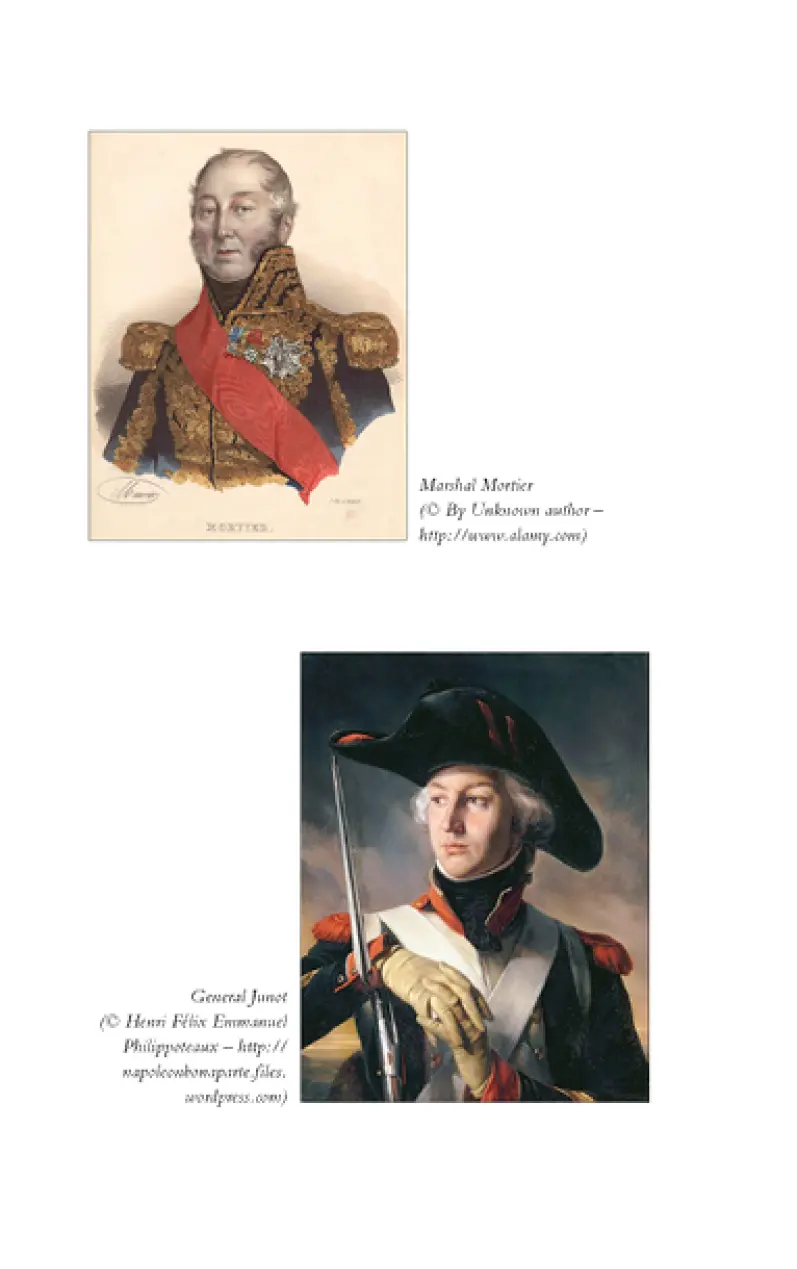
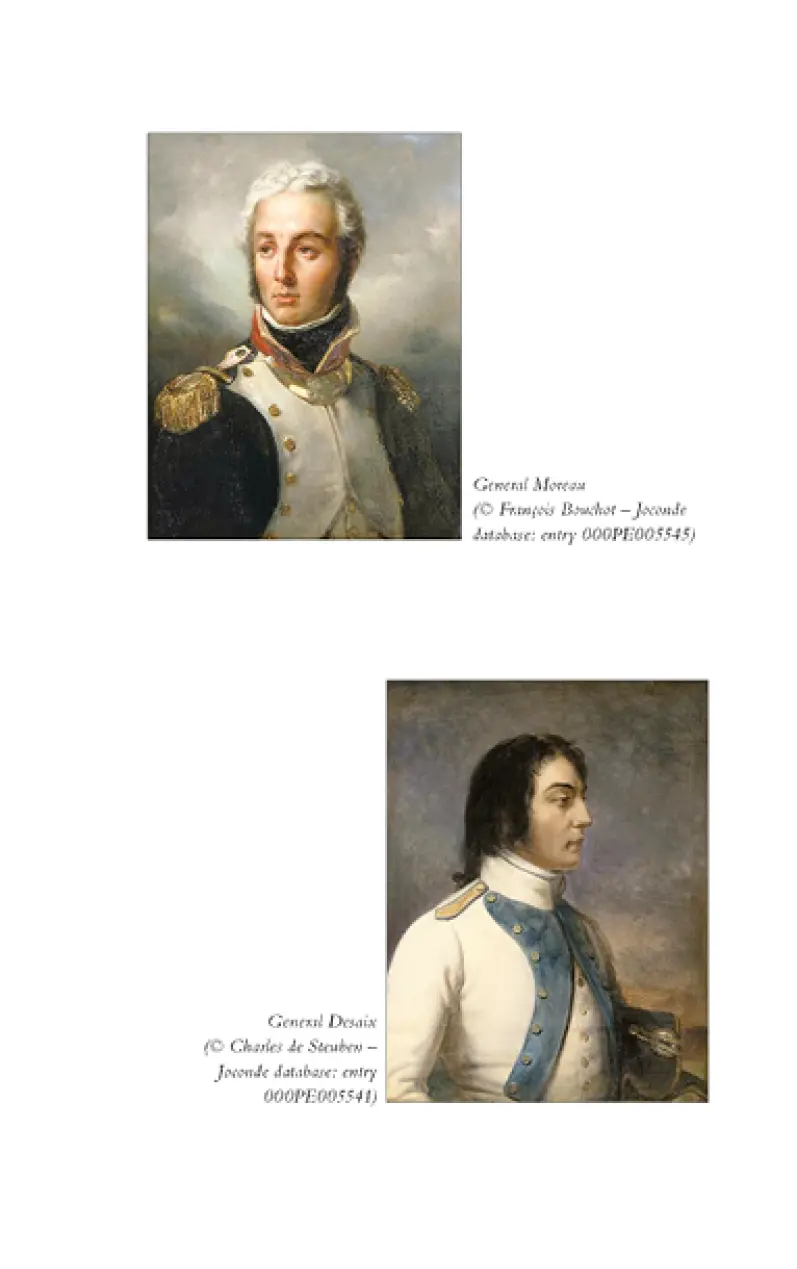
CHAPTER 28
MOSCOW
With Spain in turmoil, Napoléon was beset with an even more threatening prospect: Russia; for his invasion of Spain was prompted not just by the grandeur of his Empire, but also by his abhorrence of the inquisition, the ruling Profligate Bourbons, and their lackey Godoy. For what he considered an easy campaign that would take no more than two months to subjugate the peninsula, he dreadfully miscalculated the Spanish pride and devout religious sentiments. Napoléon considered the clergy a group of leeches detested by the people. In Spain he realised that the clergy was strong and patriotic; they detested the French revolution and from 30,000 pulpits they unleashed an offensive as deadly as an army. They rallied the masses and engendered the spirit of resistance. They smeared Napoléon and his brother King Joseph as atheists. On 23 May 1808, Canon Llano Ponte summoned the Province of Oviedo to take up arms and formed a Junta which declared war on Napoléon. On June 5th, in Valencia, Canon Calbo took control of the city and directed the massacre of 338 Frenchmen.
In 1812, the underground Cortés, loyal to the exiled Fernando, issued a constitution which remains to this day a landmark of Spanish liberties, prohibiting torture and ending feudalism; but the Catholic faith forever remains the religion of the Spanish people.
In Paris, through the years of his rise to power and during his Imperial Reign, Napoléon had forged many close relationships, alienated others, created Marshals, bestowed medals of the Legion of Honour on others and was not in want of detractors and enemies. Often his reaction to criticism was tempestuous; his anger was expressed in a controlled tone, but his words were damning. When he realized the affront he caused to his listener, he endeavoured at once to remedy it. When Joseph, on the advice of Roederer, declined first the title of prince, Napoléon was irate; he told Roederer “I thought you were my friend, but you are nothing but a trouble maker.” Then he slapped Roederer’s face. But soon enough the incident was forgotten, for Roederer genuinely loved and admired the Emperor. He had tied his fortunes to Napoléon and was instrumental in helping him run the empire; and Napoléon in gratitude to his services heaped gifts and honours on him. In 1806 he bestowed on Roederer the Senatorerie of Caen, worth 25,000 Francs a year and in 1807 appointed him Grand Officer of the Legion of Honour.
Napoléon rewarded men of talent, without distinction; his court consisted of select members of the old nobility and men whose attributes had won them high rank. In the Sunday reception that he gave at the Tuileries, he disliked petty conversations; he cajoled his guests, but seldom remembered their names. Visit after visit he would ask the same person “What is your name?” The famous composer Andre Gretty, then in his sixties, finally got tired of being asked the same question, and on one reception on Sunday when Napoléon asked as usual “What is your name?” he retorted, “Sire, I am still Gretty.”
To the wives and daughters of his Marshals he displayed an affable nature. One evening when Marshal Lefebvre’s wife, a gullible, good natured woman of common background, known to have been a washer woman, made her appearance at court bedecked with pearls and diamonds, flowers and gold jewellery – a gaudy sight – the fastidious chamberlain on duty, Monsieur de Beaumont, announced sarcastically “Madame La Marechale Lefebvre.”
Napoléon approached to receive her: “How do you do Madame le Marechale, Duchesse de Danzig?” a title Beaumont had omitted; she turned quickly round to the Chamberlain and quipped “that’s one in your eye my lad” Napoléon engaged her quip and smiled.
On another occasion, when the Duchesse de Floury returned to France under the amnesty, Napoléon, who knew her to be flirtatious woman, said gruffly: “Well, Madame, still fond of men?”
“Yes, Sire, only when they are polite.”
Amongst Napoléon’s vitriolic detractors and jealously bitter enemies was Jean Bernadotte. Although he declined to support Napoléon in the Coup d’état on 19 Brumaire, he had promised not to oppose it. He was Joseph’s brother in law and for a while tied his fortunes to Napoléon, becoming Marshal. Napoléon never trusted him and to make matters worse, for his lack-lustre performance at Wagram, Napoléon removed him from the battlefield and ordered him back to France in disgrace. Then, in 1810, King Charles XIII of Sweden asked if the Emperor had any objections to Bernadotte becoming the heir to the Swedish Throne; Napoléon was only too eager to rid himself of this menace and gladly obliged.
While Napoléon was preoccupied with his plans for the future and enjoying a repose in a blissful new family life, 1810 was a year of turbulence on the Iberian Peninsula.
On September 27, after the capture of Ciudad Rodrigo and Almeida, Massena, at the head of 65,000 men and 114 guns with his subordinates Marshal Ney, Reynier and Junot, was in hot pursuit of Wellington’s army of 52,000 men and 5,000 Portuguese auxiliaries. Massena’s army caught up with Wellington’s at Bussaco. The battle was a draw with losses on both sides. Ney’s VI corps stormed the ridge, while Reynier’s divisions attacked Picton, but on reaching the VI Crest, they both were thrown back by a charge of the 88th infantry. Despite repeated attempts, the results were fruitless, and Wellington’s defensive battle saved the British from annihilation. On the 28th, Massena withdrew west, and Wellington headed for Torres Vedras, reaching his destination on Oct. 10, 1810. In hot pursuit, the French arrived on the lines on Oct. 11. Soon it became obvious that the English defensive position was impregnable; on Nov. 15, starving and depleted from ammunition, Massena ordered his troops to fall back to the area of Santarem. With the French offensive blunted, and Torres Vedras safeguarding the capital, Lisbon, Massena had no choice but to abandon the invasion of Portugal.
Читать дальше
